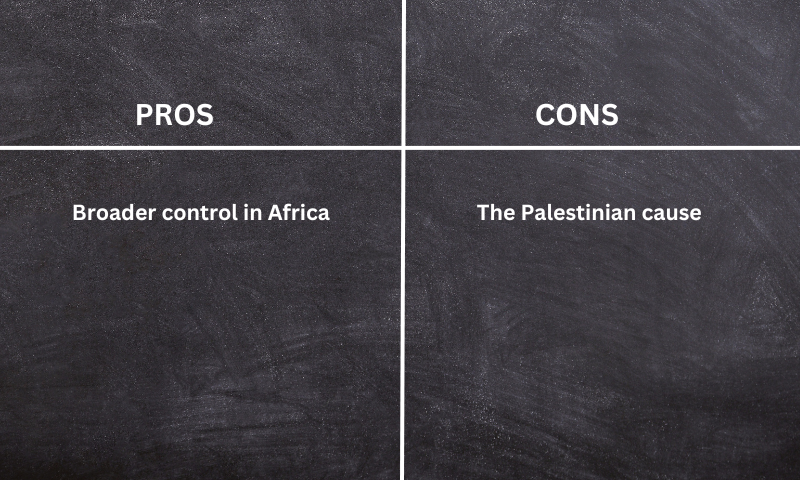Dr. Adnan Abu Amer
Middle East Monitor, July 28, 2023
“… there is a more important and serious issue surrounding the Israeli recognition of Morocco’s sovereignty over Western Sahara. This issue is the Iranian influence in that region and, according to many reports, Iran is arming Algeria through the Polisario Front in its quest for independence.”
Following the Israeli recognition of Morocco’s sovereignty over the Western Sahara, Israeli voices are still raising more questions about the feasibility of this step, and whether it will be beneficial, or if it will be followed by greater harm, especially since such a step may face criticism on the international scene. This may be added to the criticisms the Occupation State is already facing regarding its behaviour in the Palestinian arena. While this step is consistent with Israel’s stances towards the Palestinians, it contradicts international resolutions issued by the UN and EU, which may raise many questions related to annexation and occupation.
The first Israeli benefit from this step is that it will gain broader control in Africa. There is also a great advantage for it in strengthening relations between Morocco and Israel, and in promoting its interests in broader contexts, as well. It can be assumed that it expects some major changes as a result of the step it took, given the importance of the Sahara to Morocco. At the top of the list of changes, it is the opening of permanent embassies in both countries, which is an important symbolic and diplomatic issue at a difficult period in Israel’s relations with the countries that normalised relations with it, due to the tensions in the Palestinian arena.
The second benefit is conducting visits and meetings at the highest political level, including King Mohammed VI, a step that Israel has expressed its desire for, several times. This is because the King’s last official meeting took place in July 1999 with then Prime Minister, Ehud Barak, during the funeral of King Hassan II, and he met shortly with the current King shortly after his coronation. This would make the prospective meeting with him, 25 years after the first meeting, an important political achievement for Israel.
… [To read the full article, click here]


